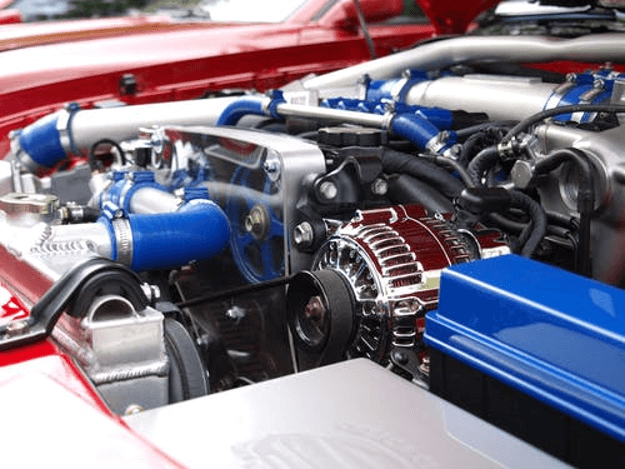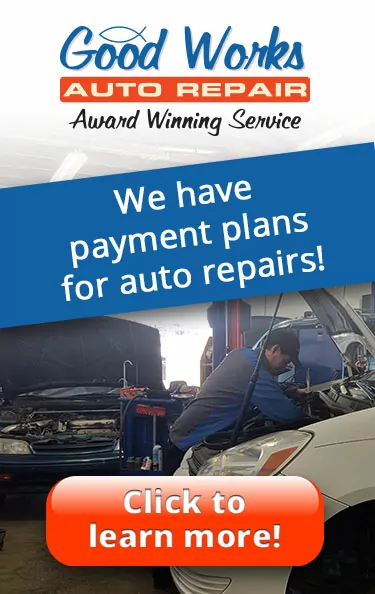
Instead, you may choose to maintain the vehicle you have as long as possible. Or, you may opt to keep it a few years and trade it in for a newer model. Either way, cars can’t go forever without maintenance.
Following the appropriate preventative maintenance schedule will keep them running smoothly for longer time periods, though. In the past, the term “tune-up” was used to describe procedures done to service a vehicle, typically related to the engine and its components. Since many of those parts don’t even exist anymore, we now use the word “maintenance” instead.
Warning signs that your vehicle is ready for repairs or maintenance
Unlike a child that can tell you when something’s wrong, cars don’t speak. They do have a language of their own, however, which can be useful to learn if you want to know how to make your vehicle last. Here are 7 ways your vehicle may be asking you for a modern-day tune-up:
- Dashboard lights – Have you ever noticed the little lights on your dashboard? Some of them are warning signs of problems that you might not be aware of otherwise. Don’t ignore them. If you have a dashboard light that comes on and doesn’t turn back off, schedule an appointment at your auto repair shop for diagnosis as soon as possible.
- Stalling – When your vehicle stalls, it’s trying to tell you that something is wrong internally. It could be something such as fouled spark plugs or a clogged fuel filter – either way, take heed to the warning and take your vehicle in for service before you end up in an uncomfortable or unsafe situation.
- Difficulty starting – Your vehicle should start smoothly every single time. When it doesn’t, there’s a problem that’s worth looking into. It might mean battery service is in order, or it could be something more serious.
- Reduced fuel mileage – If it feels like you’re having to refuel your vehicle as often as you feed your hungry teenager, you’re not getting the best gas mileage and it’s time to find out why. It could be due to improper tire pressure, but it could also be time for routine maintenance.
- Noisy or spongy brakes – Your vehicle’s brakes are an important component for helping you stop smoothly and safely. When they make noises or feel soft, they’re not operating as intended and could leave you in an unsafe situation. Take this as a warning sign and schedule brake service right away.
- Mystery noises – If your car starts sounding like a haunted house on Halloween, something’s up. Squealing from under the hood can indicate a worn belt, odd noises when turning the wheel could mean a power steering problem, and unusual tire sounds could be a sign of imbalance or a failing CV joint.
- Shifting issues – Vehicles with automatic transmissions are meant to shift smoothly and effortlessly. When shifting becomes difficult, however, or if it happens when it’s not supposed to, this could be a sign that the transmission needs some TLC.
So, there … you’ve started learning your car’s language and the ways in which it communicates that there is something wrong. There’s more to the language, however, and these are just a few signs that your vehicle needs extra attention. If you’re ever unsure whether service is necessary, check your owner’s manual or consult with your local auto repair shop.
Here’s our motto: fix small problems before they become big problems. It’ll save you money AND headaches down the road!





